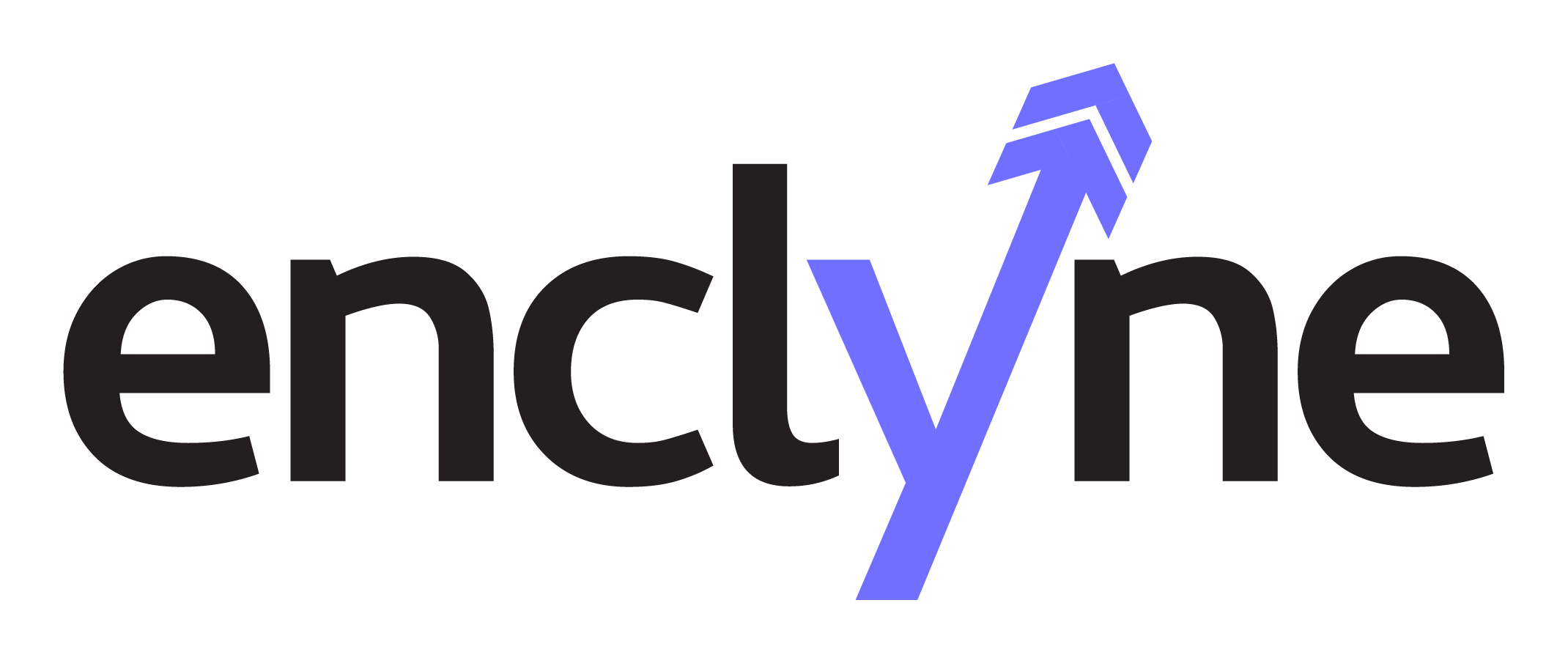The cheers have died down and now the work of consolidation is at hand. Your team has completed the acquisition and now the Private Equity Operations or Integration team is expected to deliver synergies rapidly. The Operations Team has a number of objectives which will secure the investment. Our experience with over 70 consolidations suggests these key objectives are critical to success. One, to maintain the momentum of the business without disruption to revenue, cash flow and personnel. Two, secure the investment’s information assets and intellectual property. In this case, information assets include customer information, contracts, business processes, critical suppliers, and technologies.
This blog recommends three phases of the information technology consolidation which can be executed in the first 90 days without disrupting the business. Important processes such as brand changes can be incorporated into this process.
1. Protect the Perimeter
Most business interruptions from viruses, phishing and hacking start with your employee’s cell phones and PC’s. A best practice for protecting the perimeter is a combination of PC protection combined with a mobile device management service. All of the leading virus protection services work well so we are not recommending any particular service. Microsoft’s Defender which is included with Windows 10 works great. The key is to make sure the services are up to date. This is where your Mobile Device Management tools ensure that all devices are protected, and corporate policies are enforced. Our recommendation is to standardize the perimeter protection and make it a 30-day deliverable. Users will not be disrupted with a thoughtful rollout of these important security services.
Recommendations:
- Standardize Desktop Security Tools
- Deploy an anti-Phishing service – Microsoft, Proofpoint and Mimecast are all excellent options
- Implement Multi-factor Authentication
- Deploy Mobile Device Management for all devices used for business

2. Secure Email after the Acquisition
Email is the blood stream of a business. Customer communication, vendor contracts, agreements which need to be fulfilled and a thousand more important details are all in your email services. There are two primary sources of Email: Microsoft Exchange (Hosted, On-Premises and Office 365) or Google Workspace. Consolidating these email systems after the acquisition is an important step in securing the investment. Properly executed the consolidation of messaging systems will not impact the business. (Enclyne has a number of blogs addressing the consolidation of Office 365 tenants and migrating Google Workspace into Office 365. Or send us a note and we can discuss your projects and our successful approach)
Recommendations:
- Migrate acquired email into the consolidated company
- Use an experienced partner utilizing specialized tools for the Assessment, Migration and Reconstruction of Services in the destination service – We recommend Microsoft 365
- Deploy an Email Archiving Service – Microsoft includes archiving with some Microsoft 365 licenses and best in breed companies like Mimecast and Proofpoint offer excellent services.
3. Document and Collaboration Services
Modern collaboration in the form of Microsoft Teams and Slack have become the default tools for sharing documents, managing workflows, and working together across geographies as the hybrid workforce is the preferred way. The task of consolidating documents into your Document Management System – you may have guessed we recommend SharePoint Online – is significant in terms of complexity and time. Important documents will be found on PC’s, file shares on servers, Share Folders in Exchange, and Document Management Systems such as SharePoint and Google Drive/Shared Drives. It is an enormous risk if documents are on servers which are targets of Crypto lockers and other malicious activity. A plan for moving documents into a secure, and accessible service is critical.
Recommendations:
- Prioritize vulnerable sources such as File Shares on Windows Servers for migration to SharePoint Online – Confirm Back-ups are valid and safe
- Standardize Information Management – All consolidations go into standard formats which will allow faster collaboration among acquisitions
- Use best-in-breed migration tools to accelerate the migration while maintaining user access and productivity

After the acquisition, we recommend the rapid consolidation of core assets – email and documents – into the destination company. The tools available are just part of the solution. The integration of these very complex services requires a team with experience and specialized tools to reach the goal of maintaining business momentum while securing the investment.
